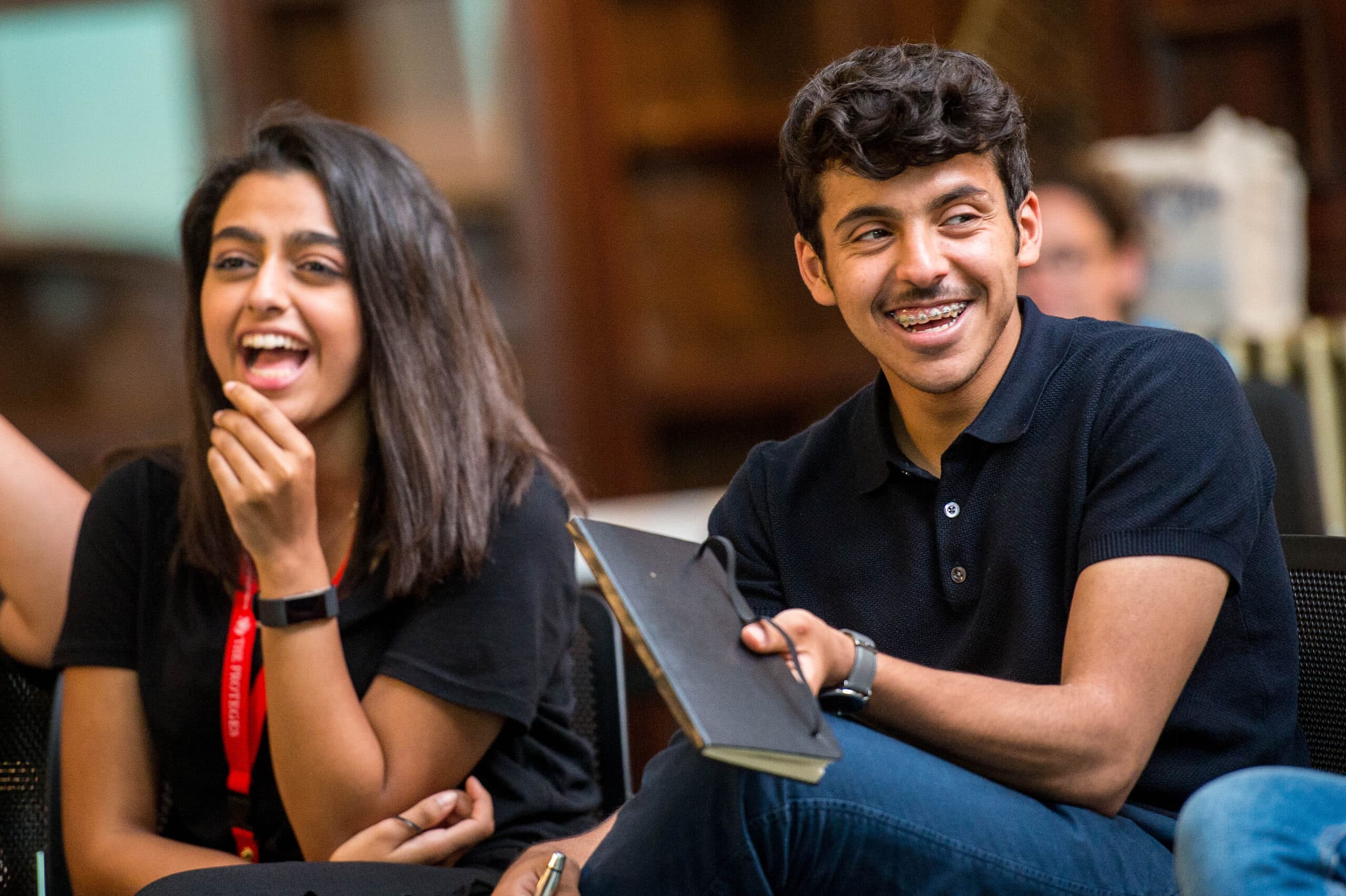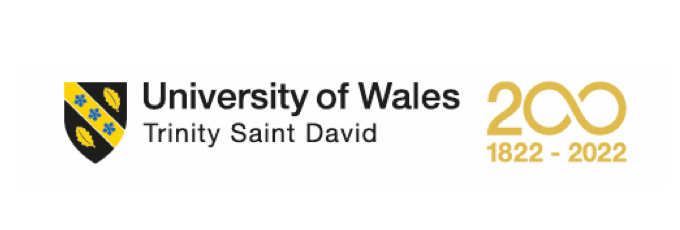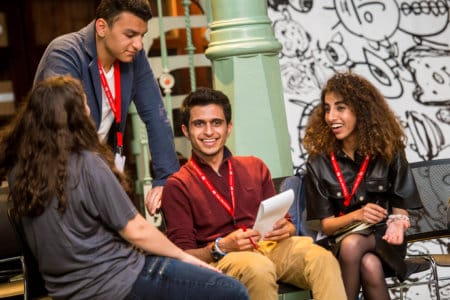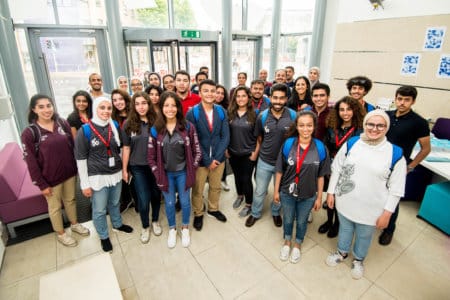Growing up in China, Liang Yuan had always excelled in English. It was his favourite subject and greatest strength in high school. He was naturally keen to major in the subject when he went to university, where he learnt a lot about “the charm and power of the language and culture”.
Yuan kept following his passion, deepening his love for English all the while. He eventually started teaching English himself — but, as a student who spent his undergraduate years in China, he was curious about what learning the language would be like in an English-speaking country.
This led him to the University of Wales Trinity Saint David (UWTSD). Ranked seventh in the UK for teaching quality, UWTSD is widely known for its excellence in academia and research across the globe. Combined with a multicultural community amidst the backdrop of the classic Welsh countryside, it makes for the perfect destination for international students looking for a memorable university experience.
Taught in UWTSD’s picturesque Lampeter campus, the MA TESOL is ideal for qualified educators looking to teach English to learners of different age groups and academic needs. It’s designed with multiplicity in mind, grounding teachers with the knowledge and skills to address the needs of primary, secondary and tertiary students in every corner of the world.
Of course, this skill comes with a certain level of international exposure — one which UWTSD, with its diverse student community, has in abundance. “UWTSD has students from across the world, such as China, Brazil, Mongolia, and Morocco as well as local UK learners,” shares Yuan. “In such a diverse educational setting, you can learn about various cultures as well as gain insights into the common nature of mankind. This way, you get the best of all worlds.”

Liang Yuan Source: University of Wales Trinity Saint David
At UWTSD Lampeter, international students feel welcome from day one. This often means doing everything possible to give them a smooth transition to UK university life, even when setbacks occur. “I wasn’t sure how I’d travel to campus because the airport pick-up period had passed by the time I arrived in Wales,” says Mongolian student Khaliun. “Despite this, the student union helped organise my airport transport and accommodation. It saved me a lot of time and worry.”
In lectures and tutorials, students deepen their understanding of the English language and how it’s taught through a variety of experiential activities. Yuan’s favourite was Key Issues in Linguistics. “Here, you can interact with the lecturer on how the science of language works and how it can be applied to various language phenomena,” he shares. “I also enjoyed Methods and Approaches in the Study of Language and Literature, where you can learn many interesting theories about the deep structure of language and literary works.”
They’re taught by UWTSD Lampeter’s world-leading faculty, all of whom bring different perspectives and expert insights. “The lecturers here are knowledgeable in their fields and approachable,” explains Yuan. “For example, Dr. Thomas Jansen is experienced in communicating with overseas students, particularly the Chinese. He can speak in a way that anticipates where the students could have difficulty understanding and can’t express themselves very clearly. I think this is due to his excellent academic speciality in Sinology.”

The MA TESOL equips students with the different skills and knowledge needed to become quality English teachers. Source: University of Wales Trinity Saint David
Outside of classes, students have great fun. On Khaliun’s first day, she met with a few classmates and a senior international student support officer. One was a female student she’d previously corresponded with in Mongolia. “After that, I was asked to a pub near the school,” she shares. “I made a lot of new friends. They were really happy to speak with me because there were not many Mongolians in town. They were really kind and helpful.”
Yuan is making the most out of his time at UWTSD Lampeter too. Apart from being a course representative, he’s president of the Werewolf Society, where he’s made many friends. “There are many other societies and clubs here as well, such as the Medieval Society, Fencing Society, Football Society and more,” he says.
The Lampeter experience is memorable for providing opportunities for intellectual curiosity and immersion in a bilingual, multicultural community. As Wales is a bilingual nation, both Welsh and English are seen and heard widely. The survival of the oldest tongue in the British Isles — or Cymraeg, as the Welsh call their language — against all odds is a subject of pride and strength to locals.
More than that, they give students like Yuan and Khaliun the chance to develop an understanding of the linguistic and cultural dimensions of Wales and the world. “You can make friends with local Welsh students who will share their personal Welsh stories with you,” says Yuan. “It’s a great way to learn about the traditional and cultural customs in Wales — something you can’t experience anywhere else.”
Follow the University of Wales Trinity Saint David on Facebook, Instagram, Twitter, and YouTube.













